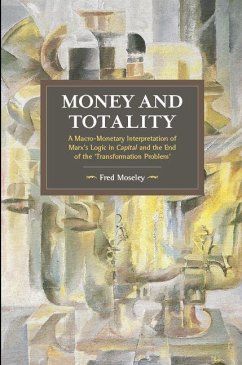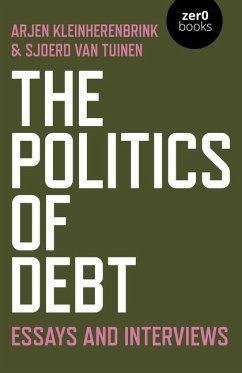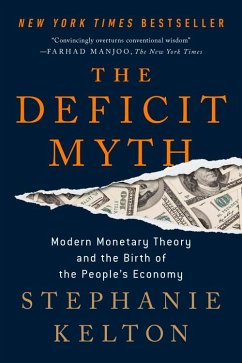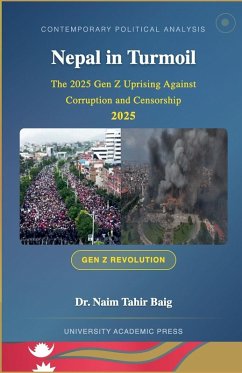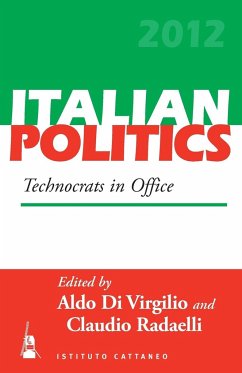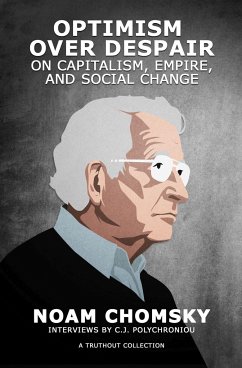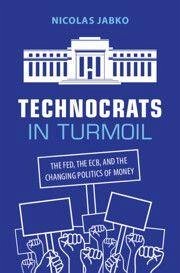
Technocrats in Turmoil
The Fed, the ECB, and the Changing Politics of Money
Versandkostenfrei!
Erscheint vorauss. 31. März 2026
29,99 €
inkl. MwSt.

PAYBACK Punkte
15 °P sammeln!
Despite the continuity of a highly financialized economy, the politics of money has considerably changed since the late 1970s. American and European central bankers first allied with conservative forces to fight inflation in the 1980s, and later disassociated from these forces after 2008. Many observers gloss over this evolution because they see central bankers either as stewards of financial markets or as economists dedicated to economic stability. In Technocrats in Turmoil, Nicolas Jabko explains how changing alliances between central bankers, economists, and politicians enable broad regime ...
Despite the continuity of a highly financialized economy, the politics of money has considerably changed since the late 1970s. American and European central bankers first allied with conservative forces to fight inflation in the 1980s, and later disassociated from these forces after 2008. Many observers gloss over this evolution because they see central bankers either as stewards of financial markets or as economists dedicated to economic stability. In Technocrats in Turmoil, Nicolas Jabko explains how changing alliances between central bankers, economists, and politicians enable broad regime shifts. He argues that central bankers are economic technocrats who not only navigate but also powerfully shape three intersecting arenas - their own internal monetary policy committees; the economics profession; and the broader public arena. Based on a machine-assisted analysis of central bank archives, the author shows how Fed and European Central Bank (ECB) policy-makers played in the waxing and waning of technocratic neoliberalism.



